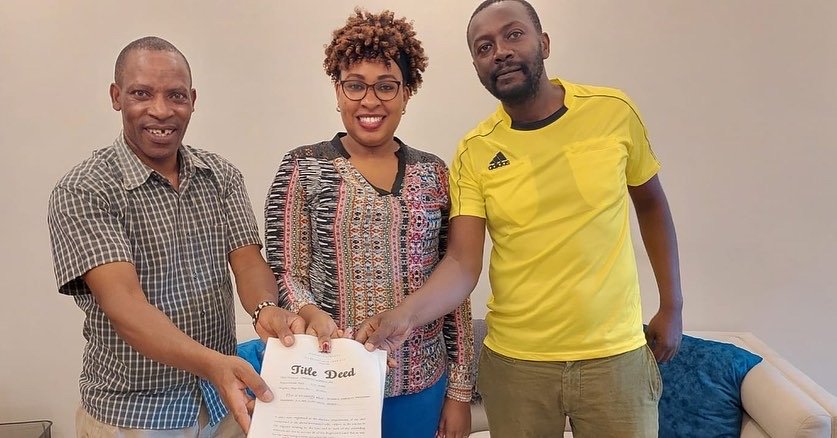
Real Hope Community Youth Organisation (RHYCO) now formally registered as Real Hope Community Foundation (RHCF)
Bella Ciao is home to the RHYCO programme, a drop-in centre, respite safe house, homework club and holiday scheme offering educational, nutritional, medical and counselling support to over 100 former street children. The respite safe house offers 24 hour care for up to 20 children in most need of protection due to conditions at home, whilst the remaining children are supported through the centre which is open 7 days a week. The main objective of the programme is breaking the cycle of poverty by focussing on education. The programme begins by identifying and rescuing children (between the ages of 6-9 years) from the streets who then enter a one year care plan which helps to identify the push factors causing them to be on the streets. During or at the end of the one year care plan, (re)integration into school takes place with the children entering local public schools near their homes. In conjunction with this the RHYCO team runs an after school homework support programme, supported by 2 qualified teachers. Children can take a warm shower, a hot meal and be assessed for any medical or counselling support. The 20 bed safe house provides respite care for upto 3 years whilst issues at home are addressed and if necessary alternative care arrangements are made.
In addition to the founders, Martha, Bubba and John, the programme employs 2 teachers, a social worker, a chef, a housemother, a counsellor and 2 security guards.
Project Mission
To enhance broken relationships, empower families and collaborate with the local community for the holistic development of children in difficult circumstances.
Project Vision
To see that every child discovers their life is worth living, realizes their potential, becomes empowered through growing in a family which is self-reliant, and makes a difference in their entire community.
Wash bags from the UK
First Day at school (May 2019)
Sponsored Sports Day March 2019
The RHYCO centre offers services including:
• Home visits to facilitate sponsorship/re-integration.
• Play therapy, a library and informal schooling education.
• Counselling services and social and emotional support.
• Links with rehabilitation and detox agencies.
• Street work to locate children
• A feeding program and provision of clothing and showering facilities.
• Holiday scheme and After School homework provision
The RHYCO Team
The key to the success of projects like the Drop-in centre lies with gifted and passionate leaders, who build strong relationships with local people, understanding the culture and needs of the communities they serve. The RHYCO team consists of three dynamic individuals who each spent their own childhoods on the streets, in and out of care homes supported by various charitable organisations. RHYCO was born out of their experiences and inspiration and desire to reach out to others like themselves who could lead a better life if given the right help and encouragement.
In addition the centre aims to:
• Educate parents with the knowledge and skills to prevent their children from joining street families and help re-socialise and reintegrate abandoned and vulnerable children back into the family unit and community.
• Increase community understanding and participation thereby stemming the flow of children on to the streets.
• Engage in advocacy at a government level.
• Assist children to develop a sense of self-confidence and self-worth.
• Empower street children with knowledge and life skills for self-reliance to make them agents of change in their society.
The RHYCO Team - John, Martha & Bubba
Kawangware is a settlement west of Nairobi with a population of over 600,000. A shortage of employment means that many parents struggle financially and are unable to feed their children. There is limited or no access to medical facilities, and the provision of even a basic primary education is out of the reach of most.
As a result, many children spend the day on the streets, scavenging in the market looking for something to eat. They do not go to school and whilst roaming the streets they are at risk of abuse and exploitation from older children. The problems facing these children are numerous and include domestic violence, alcohol and substance abuse, congestion within the family ‘home’, neglect and abuse, financial hardship and unemployment, and a lack of stimulation and learning opportunities.





